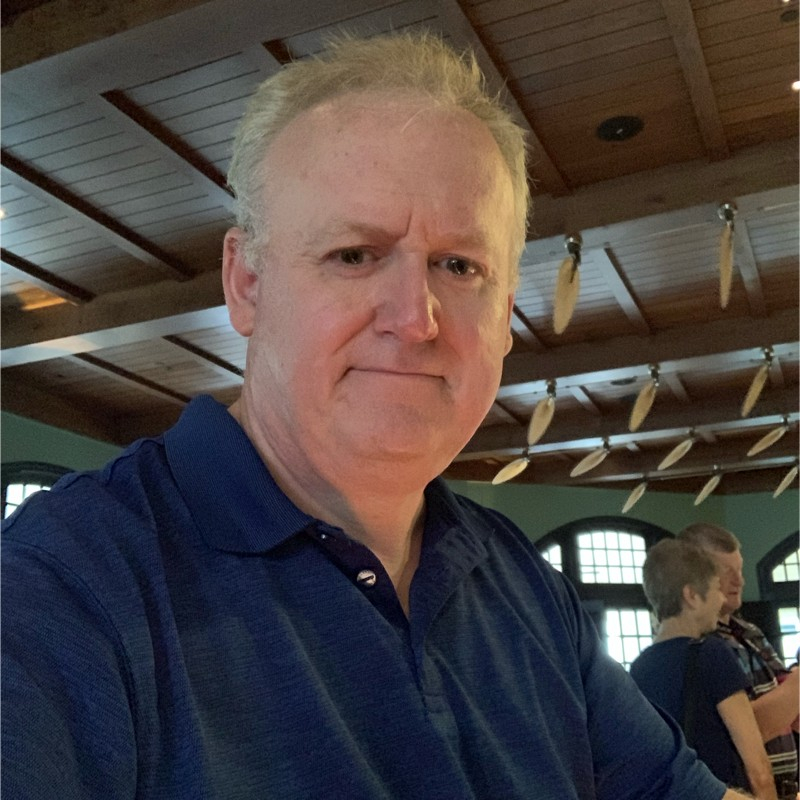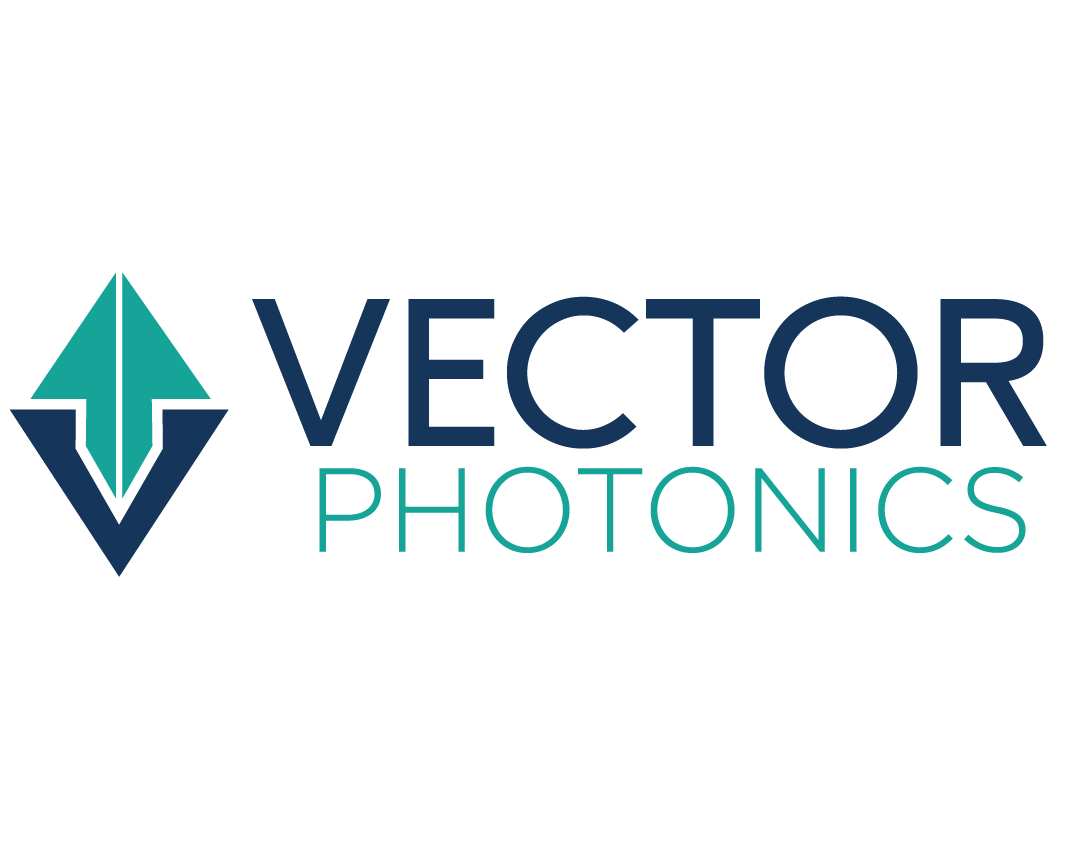Bill Ring
Chief Product Officer
Vector Photonics
Dr William S. Ring, recently joined Vector Photonics as Chief Product Officer. His new role involves leading the development and commercialization of the technology for surface emitting lasers at the company.
Before joining Vector Photonics, Bill was the VP of Light Source Development at Voyant Photonics Inc., where he was responsible for laser and amplifier development and integration into the Silicon Photonics LiDAR product. Voyant Photonics is developing solid state Frequency Modulated Continuous Wave (FMCW) LiDAR based on a Silicon Photonics Platform.
Previously, Bill held the position of Senior VP at Poet Technologies where was responsible for the commercialization of low loss SiON dielectric waveguide technology. This SiON technology was a continuation of the work initiated at BB Photonics Inc.in collaboration with the University of Swansea (Wales). Bill had founded BB Photonics with Bob Musk in 2014. BB Photonics Inc. was sold to Poet Technologies in 2016. Prior to starting BB Photonics, Bill was involved in the due diligence and purchase of Solar Systems Pty Ltd, an Australia concentrated Photovoltaic manufacturer, where he held the roles of Chief Operating Officer and then Chief Technology Officer from 2010 to 2014. Prior to this he had founded a consulting company In 2005 that worked with several fortune 500 companies and startup companies in the areas of defense, optoelectronic components and datacenter devices.
Before 2005, Bill held Director positions within the active products group at Tyco Electronics in New Jersey. Before joining Tyco, he was a Principle Engineer at Hewlett Packard, UK and responsible for the design and development of 1310nm FP, DFB and 1480nm pump lasers for HP's Ipswich fiber optics group. Bill Holds a PhD from the University of Surrey in III-V light emitting devices.
Presentations
Photonic Integrated Circuits: Surface Coupling Lasers using InP as an integration platform
Surface emitting lasers at 1300nm and 1550nm are key devices for next generation data center, LiDAR and sensing applications. Vector Photonics is developing surface emitting devices that can be used in both an array or as single emitters in application utilizing low index contrast semiconductor material. Key technology advances in these structures will be discussed in the context of simulation and coupling in both free space and to silicon photonics chip sets.

